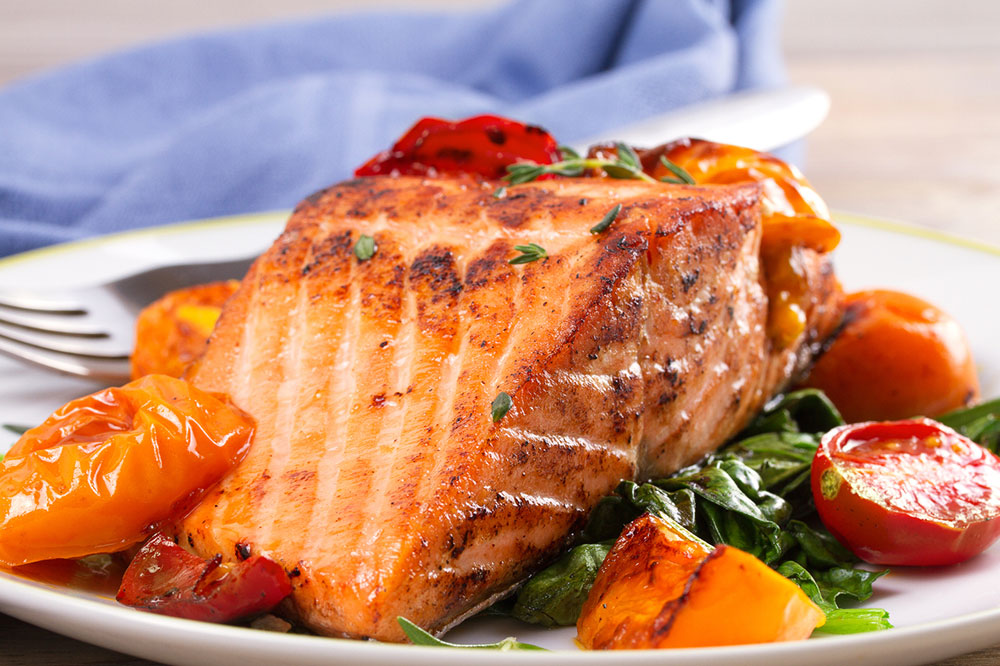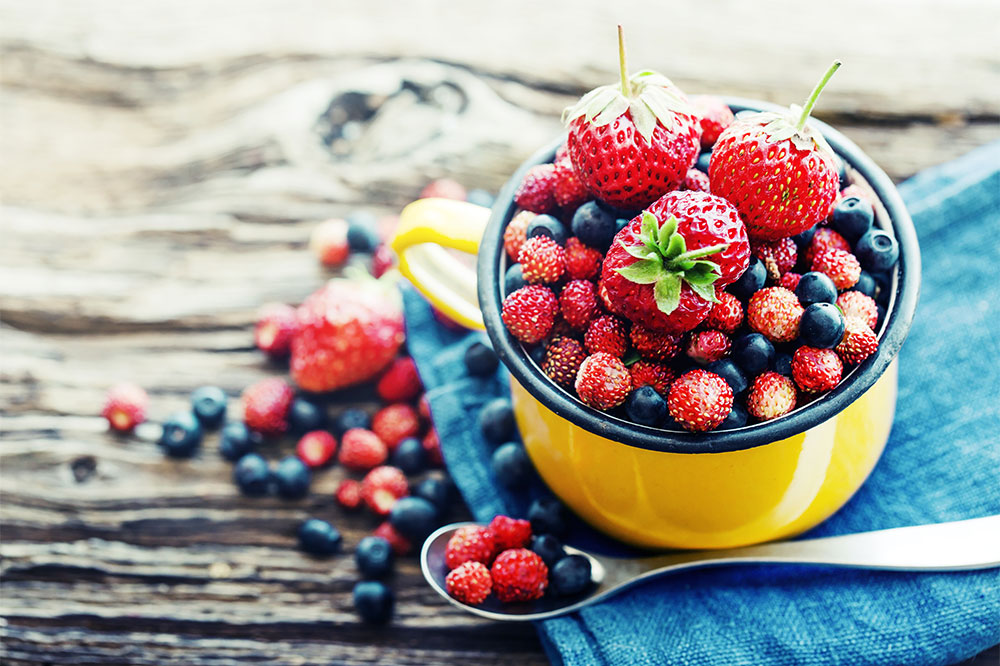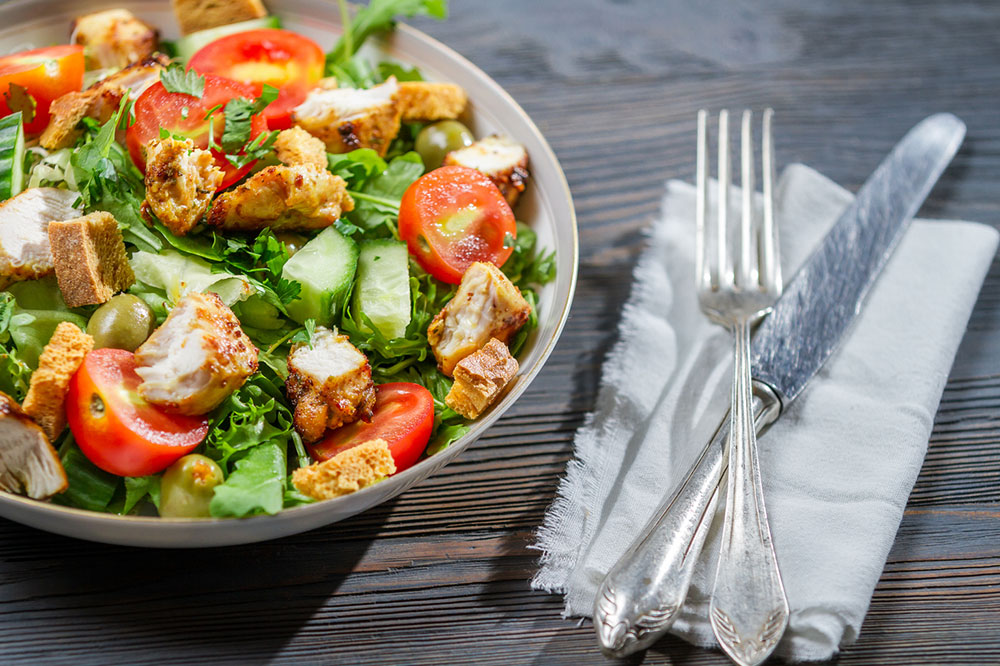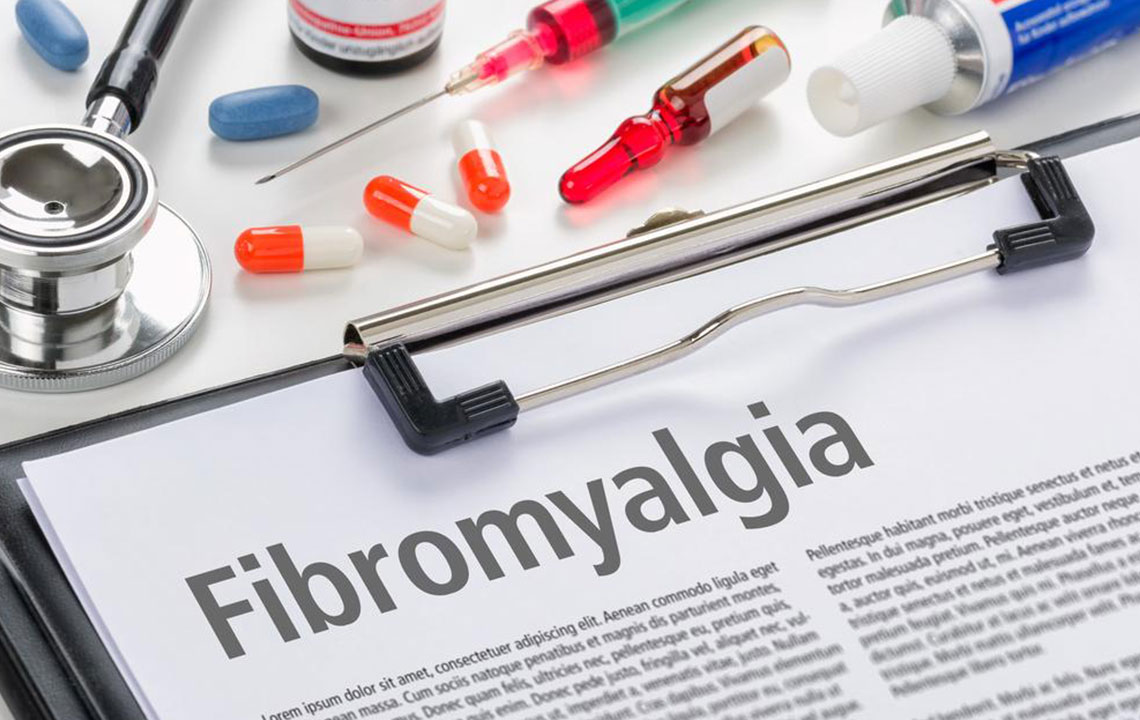Comprehensive Dietary Strategies for Managing Gastrointestinal Stromal Tumors (GISTs)
This comprehensive dietary guide offers essential nutrition tips for patients with gastrointestinal stromal tumors (GISTs). It emphasizes the importance of nutrient-rich vegetables, fruits, probiotics, and omega-3 fatty acids, while advising on foods to limit or avoid, such as red meats, baked goods, and processed foods. Proper diet management can support treatment, reduce side effects, and promote overall health for GIST patients. Tailored nutritional strategies are critical for enhancing recovery, immune function, and quality of life during and after treatment.
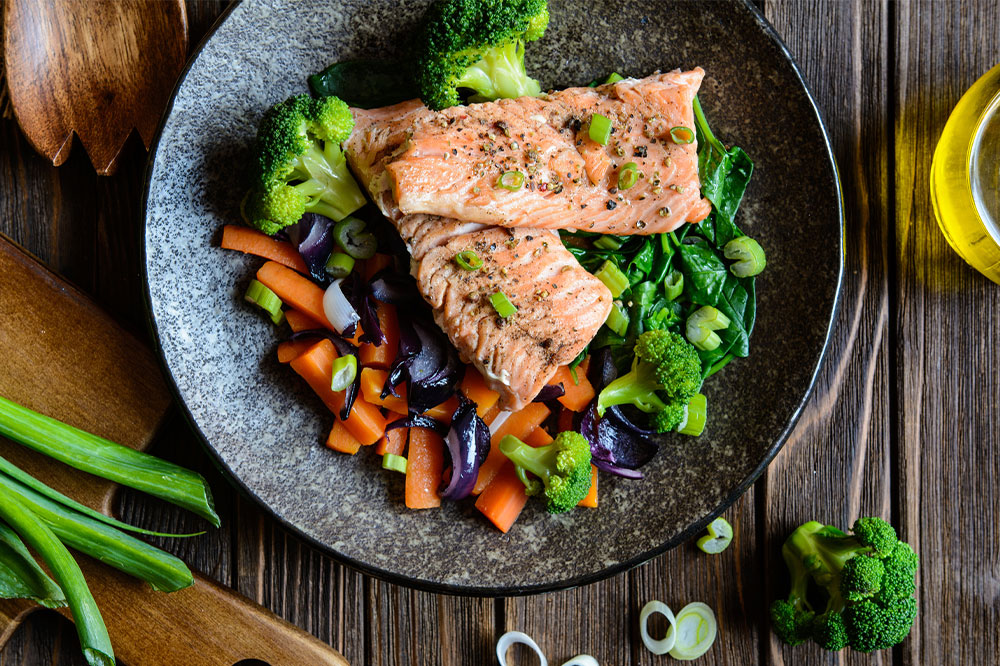
Essential Dietary Guidelines for Patients with Gastrointestinal Stromal Tumors
Gastrointestinal stromal tumors (GISTs) are a unique type of tumor that begins in specialized cells within the digestive system. These tumors predominantly develop in the stomach and small intestine but can also occur elsewhere along the digestive tract. Early and accurate diagnosis of GISTs is vital, as it guides the selection of effective treatment options, including surgical removal, targeted therapies, and in some cases, chemotherapy. However, managing GISTs involves more than just medical interventions; nutrition plays a critical role in supporting patient recovery, boosting immunity, and minimizing side effects associated with treatments.
Patients undergoing treatment for GISTs may experience a range of side effects such as nausea, vomiting, diarrhea, constipation, bowel obstruction, and fatigue. These symptoms can significantly impact dietary intake and nutritional status. Therefore, it becomes essential for patients and caregivers to understand which foods can help alleviate these issues, promote healing, and enhance overall well-being.
Key Dietary Recommendations for GIST Patients
Eat a variety of nutrient-dense vegetables
Cruciferous vegetables such as broccoli, Brussels sprouts, kale, and cabbage are highly recommended. These vegetables are not only rich in essential nutrients like vitamins C, K, and folate but also contain antioxidants and phytochemicals that may have protective effects against cancer development and progression. Incorporating these vegetables into daily meals can strengthen the immune system and provide fiber, which aids proper digestion and bowel regulation.
Consume a variety of fruits
Incorporating fruits such as apples, bananas, oranges, and berries into your diet provides a natural source of essential vitamins, minerals, and antioxidants. Fruits are generally gentle on the stomach and can help reduce inflammation and oxidative stress. They also supply dietary fiber, which supports digestive health and helps prevent constipation often experienced during treatment.
Integrate probiotic-rich foods
Yogurt, kefir, sauerkraut, kimchi, and buttermilk contain live beneficial bacteria that promote a healthy gut microbiome. These probiotics support digestion, reduce incidences of diarrhea, and improve overall gastrointestinal function—especially crucial for patients on antibiotics or medications that alter gut flora.
Include omega-3 fatty acids from healthy sources
Foods such as fatty fish (salmon, mackerel, sardines), chia seeds, flaxseeds, walnuts, and hemp seeds are excellent sources of omega-3 fatty acids. These healthy fats possess anti-inflammatory properties that can help mitigate inflammation in the digestive tract, support cellular repair, and boost overall health.
Foods to Avoid or Limit During GIST Treatment
Limit intake of red meats
Red meats like beef and pork are high in saturated fats and may contain chemicals or preservatives that could be harmful to the gastrointestinal lining. Instead, opt for lean protein sources such as chicken, turkey, eggs, plant-based proteins like beans and lentils, or fatty fish which offers beneficial omega-3s.
Reduce consumption of baked goods and refined sugars
Bakery products, cookies, and pastries often contain excessive sugars, trans fats, and refined flour, all of which can promote inflammation, impair immune response, and hinder recovery. Minimize or avoid these products, especially during active treatment phases.
Monitor and limit salt intake
Excessive salt consumption from processed snacks, canned foods, fast foods, and salty condiments can elevate blood pressure and exacerbate stomach issues. Using herbs and spices to flavor foods can be a healthy alternative while maintaining taste.
Steer clear of processed and preserved foods
Chips, cold cuts, canned soups, and other processed foods contain high levels of sodium, preservatives, and unhealthy fats. These foods are difficult to digest and may interfere with treatment or recovery. Fresh, whole foods are preferable to support optimal health outcomes.
In summary, understanding the right dietary choices is integral to managing gastrointestinal stromal tumors effectively. A balanced diet rich in vegetables, fruits, probiotics, and omega-3 fatty acids, coupled with mindful limiting of processed and high-fat foods, can help improve quality of life, reduce treatment side effects, and foster better health during recovery and ongoing management of GISTs.
